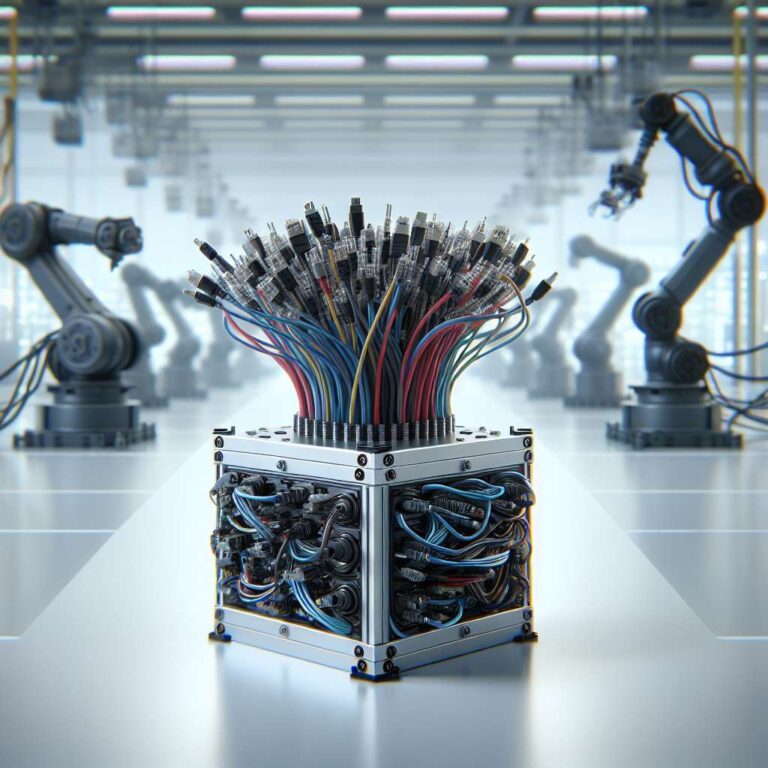AAEON has announced the BOXER-8741AI, its first product built on the NVIDIA Jetson Thor module. The system pairs a custom carrier board with an integrated Jetson Thor module to deliver a generational performance and scalability uplift for embedded artificial intelligence application development. The announcement frames the BOXER-8741AI as a platform for solutions that demand sustained, real-time compute and multi-sensor processing.
At the heart of the platform is NVIDIA´s Blackwell architecture. AAEON cites figures from the integrated module showing up to 7.5x higher artificial intelligence compute and 3.5x greater energy efficiency versus the NVIDIA Jetson AGX Orin, with peak performance of up to 2070 FP4 TFLOPS of artificial intelligence compute. AAEON positions the BOXER-8741AI for advanced deployments including humanoid robotics, smart healthcare systems, and autonomous machines, where higher compute density and efficiency can enable more complex models and lower latency inference.
The company has provided a development timeline and I/O details. The BOXER-8741AI is expected to be available for sample testing in September, with full mass production slated for November. The carrier board includes four QSFP28 ports supporting 25GbE and four RJ-45 ports, three of which provide 1GbE and one that provides 5GbE. Those wired networking options are intended to support high-throughput data transfer from multiple synchronized real-time vision sensors and other high-bandwidth devices.
Overall, AAEON´s BOXER-8741AI combines a custom board design with NVIDIA´s latest module to target edge deployments that require high-performance, energy-efficient artificial intelligence processing and robust multi-sensor connectivity. The product schedule and port selections signal a focus on real-time vision and robotics applications where deterministic, high-bandwidth networking is important.

